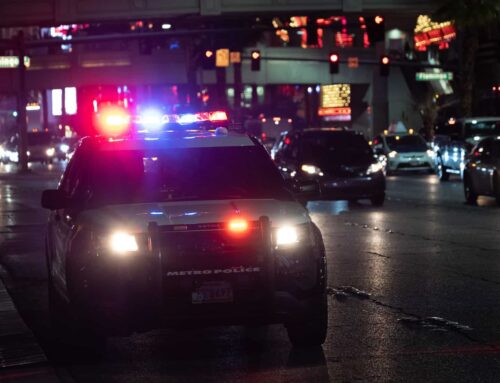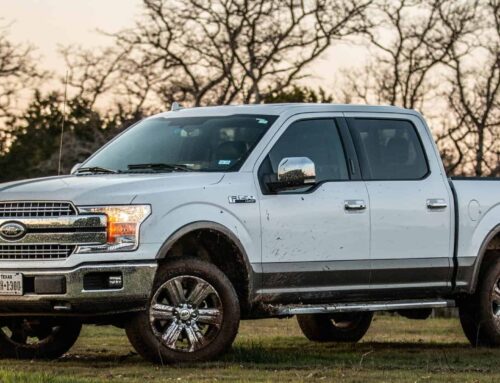Even though you might have a DUI on your record, there is still a chance that you can get your Commercial Drivers License (CDL) in the first place. However, getting a job with a company that requires that CDL might be a little more challenging. A large majority of companies may not want to hire someone who has been convicted of drinking and driving, particularly if the conviction is recent. Some companies look at your record for the previous three years of driving.
If there is a DUI on your record during the past 3 years, then there is a good chance the company you are applying to work for won’t hire you. On the opposing end, some companies may hire you after a year of having charges on your record; You need to speak with someone in management at the company to find out what the regulations are. In some states, your CDL will be in suspension after the DUI. You can still apply for a CDL after a DUI conviction once the suspension of your license is lifted. As with most legal situations, information varies with each state’s governing law(s).
One of the consequences of having a DUI is that you will pay higher insurance premiums and you will likely need to get SR 22 Insurance. An SR 22 (sometimes referred to as a certificate of insurance) is a vehicle liability insurance document required by most state Department of Motor Vehicles (DMV) offices for “high-risk” insurance policies and will be part of the process in reinstating your license.
How to get a CDL license with a DUI
The Federal Motor Carrier Safety Administration (FMCSA) mandates the licensing requirements for professional truck drivers and once you get your CDL, getting a job that requires a CDL license greatly depends greatly on your past driving record. If you have blemishes on your driving record, such as a DUI, they will not prevent you from getting a CDL, but they may prevent you from getting the job you set out for. If you have a DUI in your past, having attended a truck driving school will be an asset on your application when you apply for a truck driving job. Be truthful when you apply to a school, because they will find out about your DUI when they request your driving record. Read the questions carefully, because they usually ask if you have “ever” had a DUI. If your offense was 20 years ago, don’t be misled into thinking it will not show up on insurance reports. Make sure you list everything.
If I am a CDL Driver and have a DUI, can I get a work permit?
Many states allow DUI defendants to obtain temporary driving privileges or ‘work permits’ to allow them to drive to work or to take care of their family. CDL drivers charged with a DUI usually do not receive such an exception and will not be allowed to work as a commercial driver following a DUI charge. Even though, these exceptions can sometimes be allowed for drivers in a nonprofessional capacity, the punishment of a driver with a CDL license is usually stricter. In many states,’ drivers can be charged with DUI as long as their blood-alcohol concentration (BAC) is over the legal limit, usually 0.08 percent. However, states typically have lower BAC requirements that apply to commercial drivers, usually about 0.04 percent.
Workers who make their living as commercial drivers face significant noncriminal punishments when convicted of a DUI. Typically, states will suspend the license of a driver charged with a DUI whether or not the driver is convicted of the crime in court. While other drivers face limited suspension periods, CDL drivers typically have their license suspended for at least a year on a first time conviction. Second convictions can bring a permanent revocation of a driver’s CDL.
CDL drivers convicted of a DUI face the same criminal punishments for a DUI conviction as any other driver. These typically include fines, jail time and sometimes mandatory substance abuse programs. As with most state rules and regulations, the more times a driver has been convicted of a DUI, the stiffer the penalties.
If you prefer to speak to one of our Select Insurance Agents to get a free quote and buy an SR 22 insurance policy please call us at (855) 438-7353.






